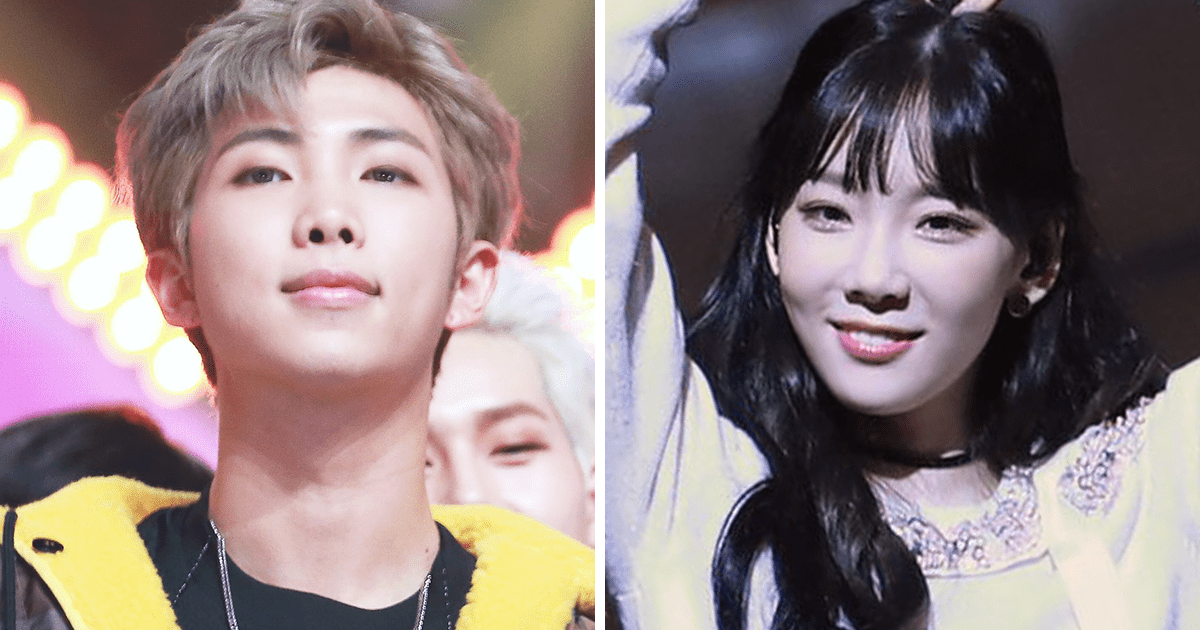LGBT K-Pop Idols: Breaking Barriers And Redefining Identities
The K-Pop industry is known for its vibrant performances, catchy tunes, and dedicated fanbases. However, in recent years, it has also become a platform for LGBTQ+ representation. As the world becomes more accepting of diverse sexual orientations and gender identities, various LGBT K-Pop idols have emerged, challenging societal norms and inspiring many. These idols not only showcase their artistic talents but also play a crucial role in promoting inclusivity and acceptance within the entertainment industry. Their presence serves as a beacon of hope for fans struggling with their identities, proving that it is possible to be true to oneself in a world that often demands conformity.
With the rise of social media, fans have greater access to the personal lives of their favorite idols, leading to increased discussions regarding sexuality and identity within the K-Pop community. Many fans have begun to celebrate LGBT K-Pop idols not only for their music but also for their courage to live authentically. This article will delve into the lives of some of these trailblazing idols, exploring their journeys, challenges, and the impact they have on the K-Pop landscape.
As we explore this fascinating subject, we will also examine the cultural context surrounding LGBT K-Pop idols and the significance of their visibility in a genre that has historically been dominated by heteronormative ideals. Join us as we celebrate the vibrant contributions of LGBT K-Pop idols and the message of love, acceptance, and self-expression they bring to the world.
Who Are Some Notable LGBT K-Pop Idols?
In the world of K-Pop, a few idols have been vocal about their sexual orientation or have been openly accepted by their fans and peers. Some of the pioneering figures include:
- Hong Seok-cheon
- Moon Hee-joon
- Jin from BTS (widely speculated)
- Amber Liu from f(x)
What Is the Impact of LGBT K-Pop Idols on Fans?
The influence of LGBT K-Pop idols extends beyond just music. Their openness about their identities can empower fans to embrace their true selves. Here are some impacts:
- Increased visibility of LGBTQ+ issues in South Korea.
- Encouragement for fans to express themselves without fear.
- Building a supportive community among fans.
Are There Challenges Faced by LGBT K-Pop Idols?
Despite the progress made, LGBT K-Pop idols often face unique challenges in their careers. Some of these challenges include:
- Fear of backlash from conservative fans.
- Struggles with mental health due to societal pressures.
- Limited opportunities in a predominantly heteronormative industry.
What Are The Personal Stories Behind LGBT K-Pop Idols?
Many LGBT K-Pop idols have heartwarming and inspiring stories that showcase their journeys. One such idol is Amber Liu, a member of the girl group f(x). She has openly discussed her struggles with identity and acceptance. Below is a brief summary of her biography:
| Name | Stage Name | Birth Date | Nationality |
|---|---|---|---|
| Amber Josephine Liu | Amber | September 18, 1992 | American (Taiwanese descent) |
How Do LGBT K-Pop Idols Contribute to Social Change?
LGBT K-Pop idols are not just entertainers; they are advocates for change. Through their platforms, they can challenge stereotypes and promote acceptance in several ways:
- Using their music to address LGBTQ+ issues.
- Collaborating with organizations that support LGBTQ+ rights.
- Participating in events that raise awareness about discrimination.
What Role Do Fans Play in Supporting LGBT K-Pop Idols?
The role of fandom in supporting LGBT K-Pop idols cannot be overstated. Fans can make a significant impact through their actions:
- Creating online communities that celebrate diversity.
- Advocating for acceptance at concerts and fan meetings.
- Promoting messages of love and support on social media.
What Lies Ahead for LGBT K-Pop Idols?
The future of LGBT K-Pop idols looks promising as the industry gradually shifts towards greater acceptance. With more idols coming out and advocating for LGBTQ+ rights, fans can expect an evolution in the narrative surrounding sexuality in K-Pop. The more visibility and support LGBT K-Pop idols receive, the more likely it is that the industry will adapt to embrace diversity, paving the way for future generations of artists and fans alike.
Can We Expect More Representation in K-Pop?
As societal attitudes continue to change, the hope for increased representation in K-Pop grows stronger. Fans and advocates alike are pushing for a more inclusive industry, one that recognizes the contributions and identities of all artists, regardless of their sexual orientation. It is an exciting time for K-Pop, and the journey towards acceptance and love is just beginning.
In conclusion, the emergence of LGBT K-Pop idols signifies a shift in a once conservative industry. Their stories of courage, resilience, and authenticity not only inspire fans but also challenge the status quo. As we celebrate these idols, we also look forward to a future where diversity is embraced, and love knows no bounds.
Unveiling The Age Of Kent Christmas: How Old Is He Really?
Unveiling The Journey Of Anfisa From 90 Day Fiancé: Her Work And Life Beyond Reality TV
Unveiling The Family Life Of Tisha Campbell: How Many Kids Does She Have?


